10 Best Property Management Software in 2025

The real estate landscape is evolving rapidly, and managing properties has become more complex than ever. As landlords and property managers juggle multiple responsibilities, the demand for efficient property management solutions has increased.
property management software – the game-changer that’s revolutionizing how real estate professionals handle their portfolios. Whether you’re overseeing residential rentals, commercial spaces, or a mix of properties, these digital tools are becoming essential for staying competitive and organized.
In 2025, the market offers a wide array of property management systems tailored to various needs. From streamlining rent collection to automating maintenance requests, these software solutions are designed to make your life easier and your properties more profitable.
But with so many options available, which real estate management platform is right for you? We’ve compiled a list of the 7 best property management software tools to help you navigate this rapidly growing market. Whether you’re looking for a comprehensive property management suite or a specialized rental management system, our guide will help you find the perfect fit for your real estate business.
Let’s dive into the top property management software options that are making waves in the industry this year. These tools promise to simplify your workflows, enhance tenant satisfaction, and boost your bottom line.
What is property management software?
Property Management Software (PMS) is a digital tool that helps landlords, property managers, and real estate professionals handle the day-to-day tasks of managing properties. It works for all types of properties, such as homes, apartments, offices, and mixed-use buildings. PMS simplifies and automates important tasks like collecting rent, communicating with tenants, tracking leases, and managing maintenance requests. This makes managing properties more efficient, keeps tenants happier, and helps improve the financial success of the property.
This PMS acts as a central hub for various property-related activities. Like:
- Keep track of rent payments
- Store important documents
- Manage maintenance requests
- Communicate with tenants
- Handle accounting and financial reports
These tools can handle residential rentals, commercial spaces, or even vacation rentals. The main goal of real estate management software is to save time and reduce errors. It automates many repetitive tasks, freeing up property managers to focus on growing their business and keeping tenants happy.
Many of these platforms are cloud-based, meaning you can access your property information from anywhere with an internet connection. This flexibility is especially useful for managers who are always on the go.
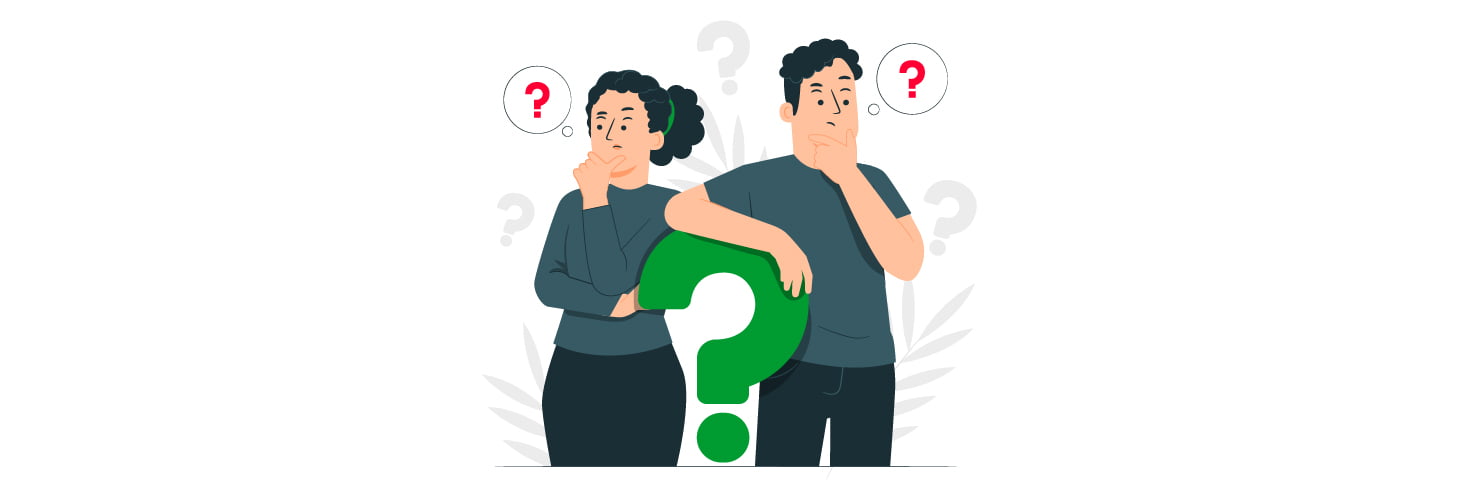
Who can use property management software?
Property management software (PMS) can be a valuable tool for a variety of people involved in real estate management. Here’s a breakdown of who can benefit from using it:
- Landlords: Even those with just a single rental property can benefit from the organization and automation features of PMS. It helps them manage tasks like rent collection, tenant communication, and maintenance requests.
- Property Managers: For professionals managing multiple properties, PMS becomes almost essential. It streamlines workflows, improves communication with tenants and owners, and provides valuable data for informed decision-making.
- Real Estate Investment Firms: Companies with extensive property portfolios leverage PMS to manage their investments efficiently. It helps track performance, analyze trends, and optimize asset management.
- Commercial Property Managers: This software caters to the specific needs of commercial properties, such as office buildings or retail spaces. It helps manage lease agreements, tenant communication, and maintenance for these complex environments.
- Tenants: While not directly using the software itself, tenants often benefit from features like online portals for rent payments, maintenance requests, and communication with management.
In short, anyone involved in managing real estate properties, from individual landlords to large investment firms, can benefit from using property management software.
Key Features of Property Management Software
Property management software (PMS) offers a wide range of features to streamline and simplify the complexities of managing real estate. Here are some key features to look for:
- Tenant and Lease Tracking: Manage tenant information, lease agreements, move-in/move-out dates, and renewals.
- Rent Collection and Payment Processing: Automate rent collection, set up online payment options, and manage late fees and deposits.
- Maintenance Management: Track maintenance requests, schedule repairs, and communicate with vendors and contractors.
- Accounting and Financial Reporting: Handle budgeting, expense tracking, and financial reporting, including income statements and balance sheets.
- Communication Tools: Facilitate communication with tenants, property owners, and maintenance staff through integrated messaging or email systems.
- Document Management: Store and organize important documents, such as lease agreements, insurance forms, and inspection reports, in a centralized location.
- Marketing and Vacancy Management: Post vacancies to listing sites, track advertising efforts, and manage inquiries from prospective tenants.
- Tenant Screening: Conduct background checks and credit screenings to help select qualified tenants.
- Mobile Accessibility: Access property management tools and data from mobile devices, enabling on-the-go management.
- Reporting and Analytics: Generate detailed reports on various aspects of property management, including occupancy rates, financial performance, and maintenance issues.
Choosing the right PMS will depend on the specific needs of your property portfolio. Consider the number and type of properties you manage, the features most important to you, and your budget.
10 Best Property Management System
1. Buildium: Best All-Around Property Management Software
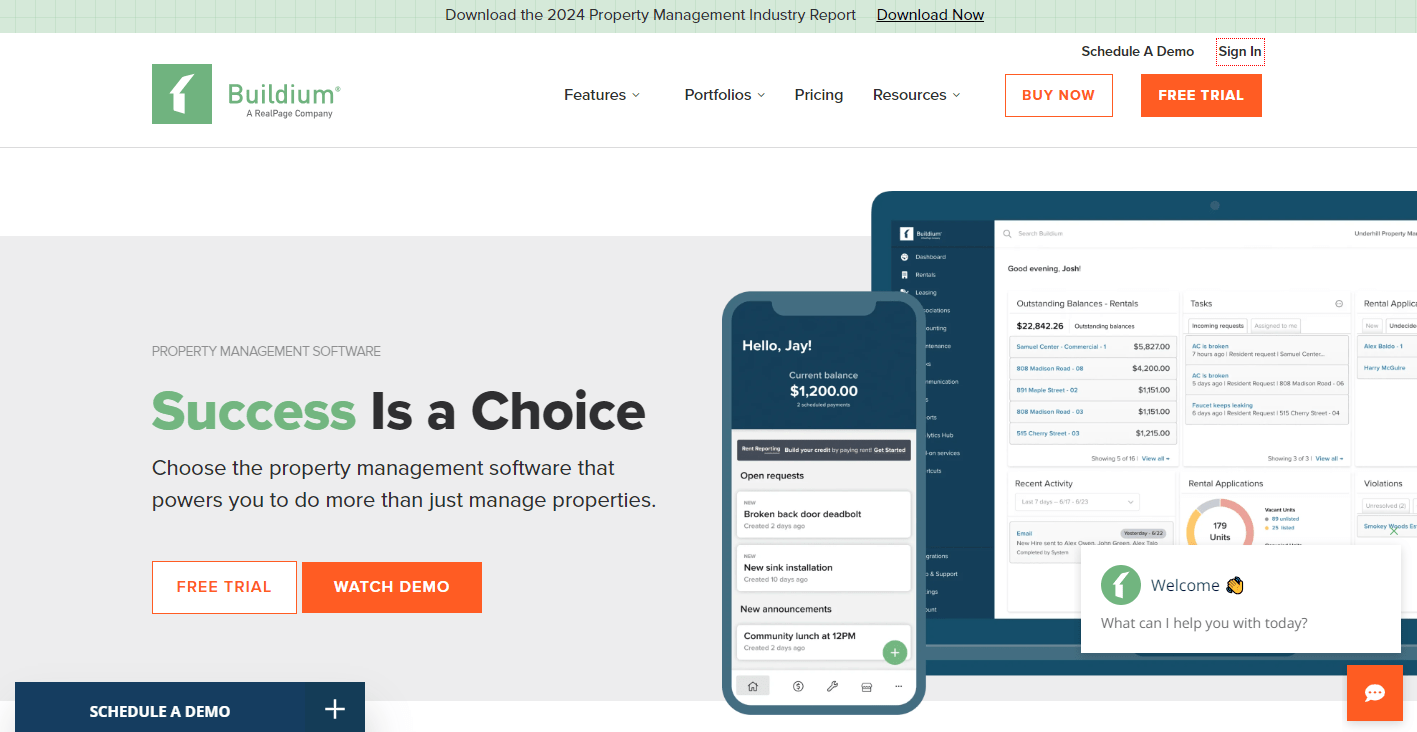
Introduction: Buildium is a comprehensive property management software tailored for residential properties, associations, and student housing. It offers a user-friendly interface and a wide range of features to simplify property management tasks.
Features:
- Strong accounting features with automated workflows
- Online rent collection with various payment options
- Comprehensive tenant screening and lease management
- Maintenance request tracking with vendor communication tools
- Resident portal for tenant communication and online payments
- Mobile app for on-the-go property management
Pricing: Buildium’s pricing starts at $50 per month for up to 150 units, with additional costs for premium features.
Pros:
- Intuitive interface
- Strong customer support
- Comprehensive accounting features
- Integration with third-party applications
Cons:
- Additional costs for some advanced features
- May be less suitable for commercial property management
2. AppFolio: Best Property Management Software for Mixed Portfolios
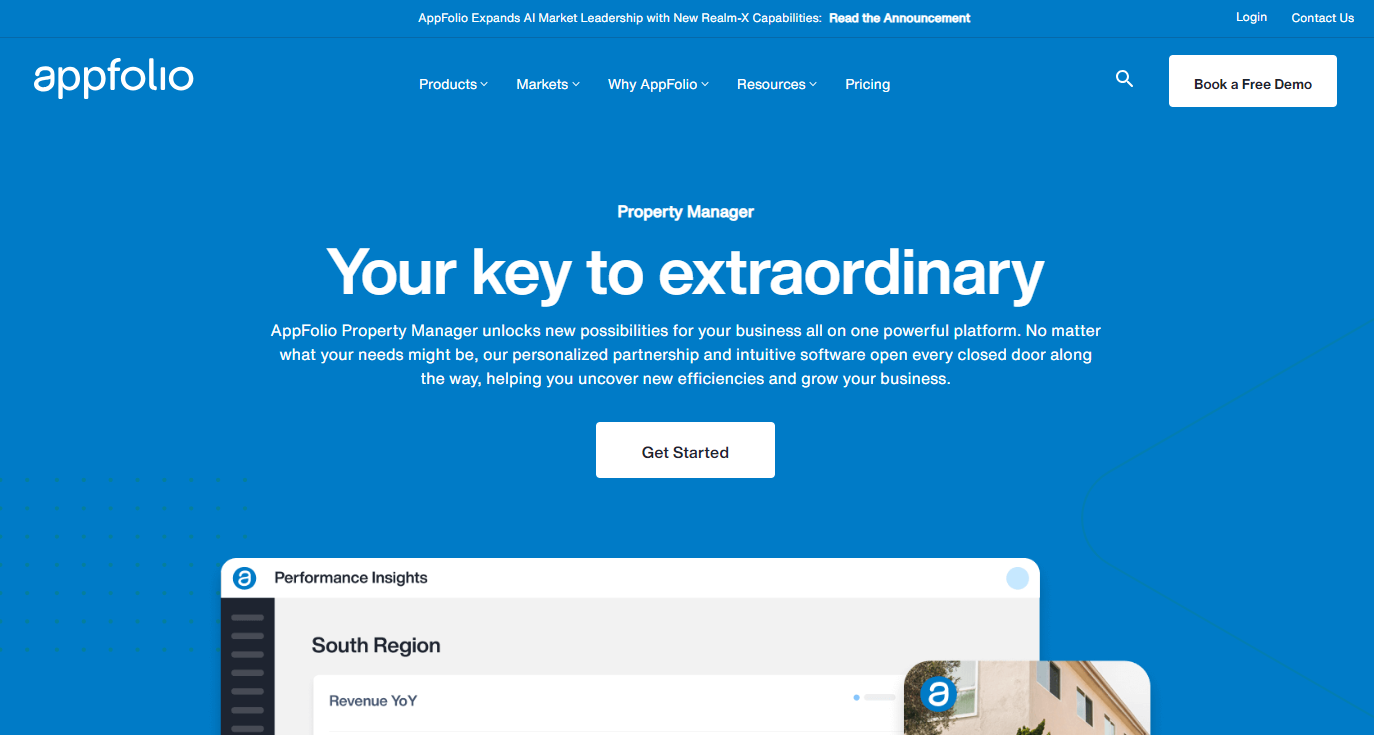
Introduction: AppFolio is a cloud-based property management solution ideal for managing residential, commercial, and mixed property portfolios. It’s known for its robust functionality and ease of use.
Features:
- Robust property listings and marketing tools
- Streamlined online applications and tenant screening
- Comprehensive rent collection with online payments
- In-depth accounting features with customizable reports
- Maintenance request tracking with work order management
- Resident portal for tenant communication and document management
- Mobile app for on-the-go management
Pricing: AppFolio charges a monthly fee starting at $1.40 per unit, with a minimum monthly charge of $280.
Pros:
- Comprehensive feature set
- User-friendly interface
- Excellent mobile app
- Strong customer support
Cons:
- Minimum monthly fee may be high for small portfolios
- Additional fees for some features
3. Yardi Breeze: Best Affordable Property Management Software
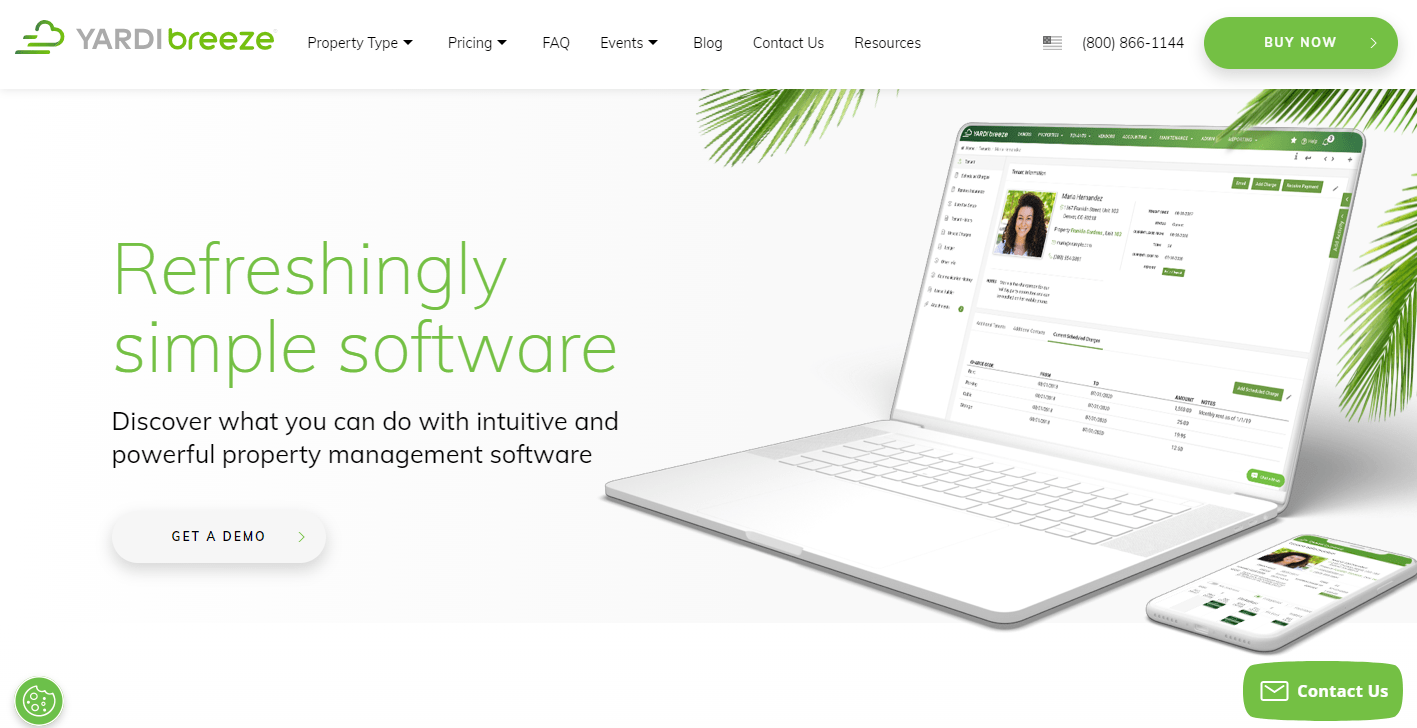
Introduction: Yardi Breeze is a simple yet powerful property management software designed for small to mid-sized property managers. It offers a streamlined interface and essential tools for managing residential and commercial properties.
Features:
- Online payments and rent collection
- Lease tracking and renewals
- Maintenance management
- Financial reporting and accounting
- Marketing and vacancy management
- Tenant communications
Pricing: Yardi Breeze pricing starts at $1 per unit per month for residential properties, with a minimum monthly fee of $100.
Pros:
- Easy to use
- Comprehensive feature set
- Affordable pricing for small portfolios
- Integrated marketing tools
Cons:
- Limited customization options
- Some features available only in higher-priced plans
4. TenantCloud: Affordable Cloud-Based Management for Landlords
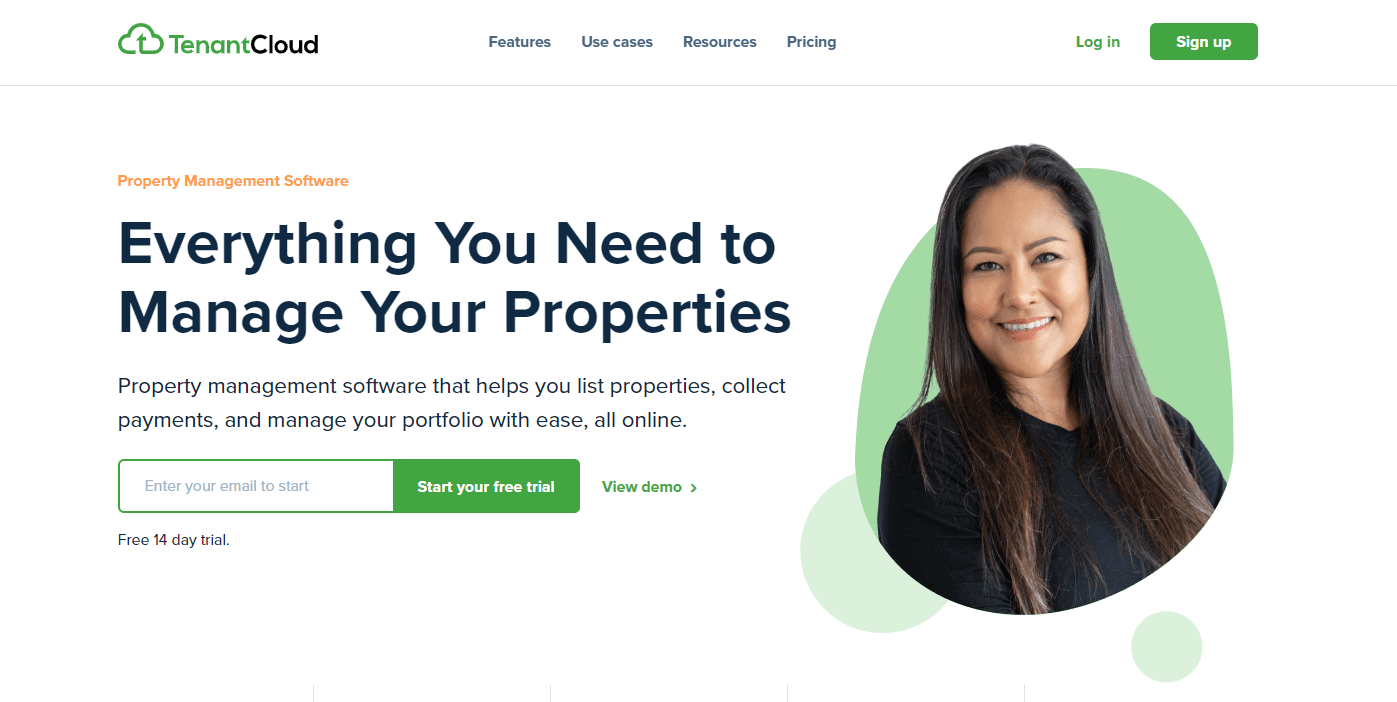
Introduction: TenantCloud is a free property management software ideal for landlords and property managers with smaller portfolios. It offers essential tools for managing residential properties and is known for its affordability.
Features:
- Online rent collection
- Tenant screening and background checks
- Maintenance tracking
- Accounting and financial reports
- Marketing tools and vacancy listings
- Document management
Pricing: TenantCloud offers a free basic plan and paid plans starting at $12 per month for additional features.
Pros:
- Free plan available
- User-friendly interface
- Includes marketing and tenant screening tools
- Suitable for small portfolios
Cons:
- Limited features in the free plan
- Customer support options can be limited
5. Rentec Direct: Best Property Management Software for Small to Medium Portfolios
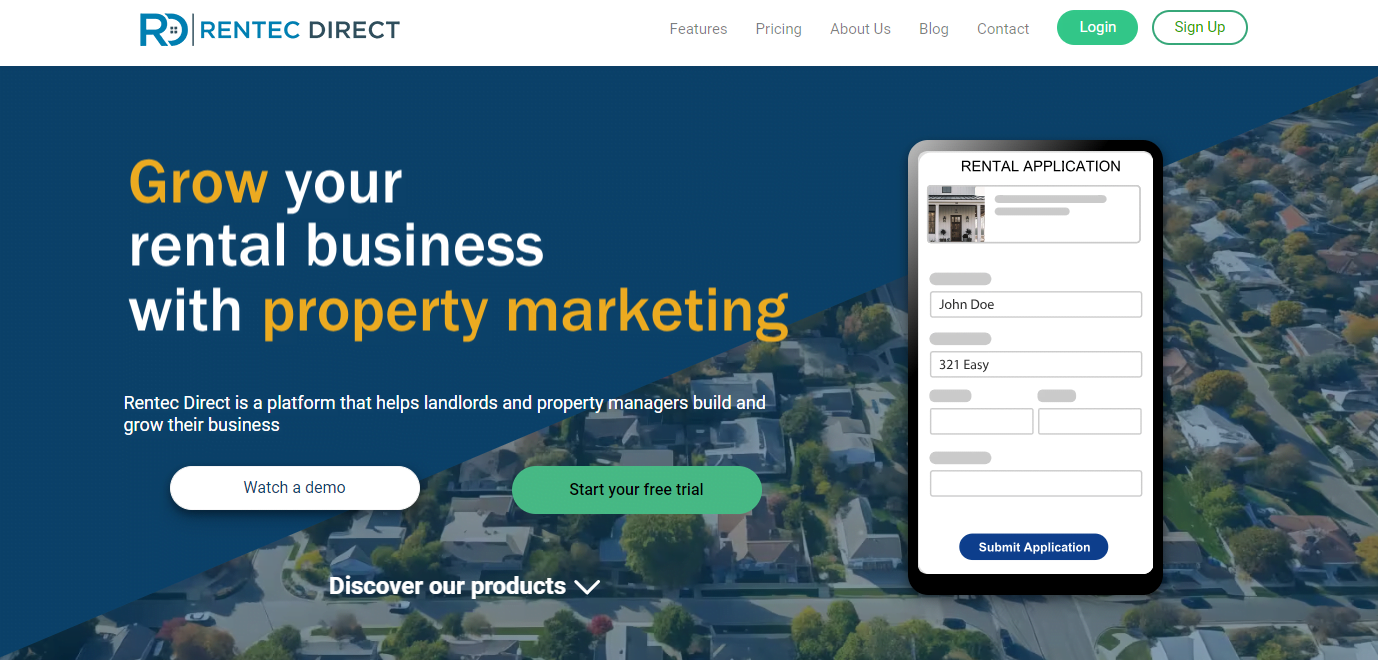
Introduction: Rentec Direct is a property management software designed for landlords and property managers with residential and commercial properties. It offers a range of features to help streamline operations and manage tenant relations.
Features:
- Online rent collection and payments
- Lease and document management
- Maintenance request tracking
- Tenant screening
- Financial reporting and accounting
- Marketing and vacancy management
Pricing: Rentec Direct offers plans starting at $35 per month, with pricing based on the number of units managed.
Pros:
- Comprehensive feature set
- Strong customer support
- Affordable pricing for small to medium portfolios
- Free trial available
Cons:
- Interface may feel outdated to some users
- Additional costs for certain advanced features
6. Propertyware: Best Residential Property Management Software
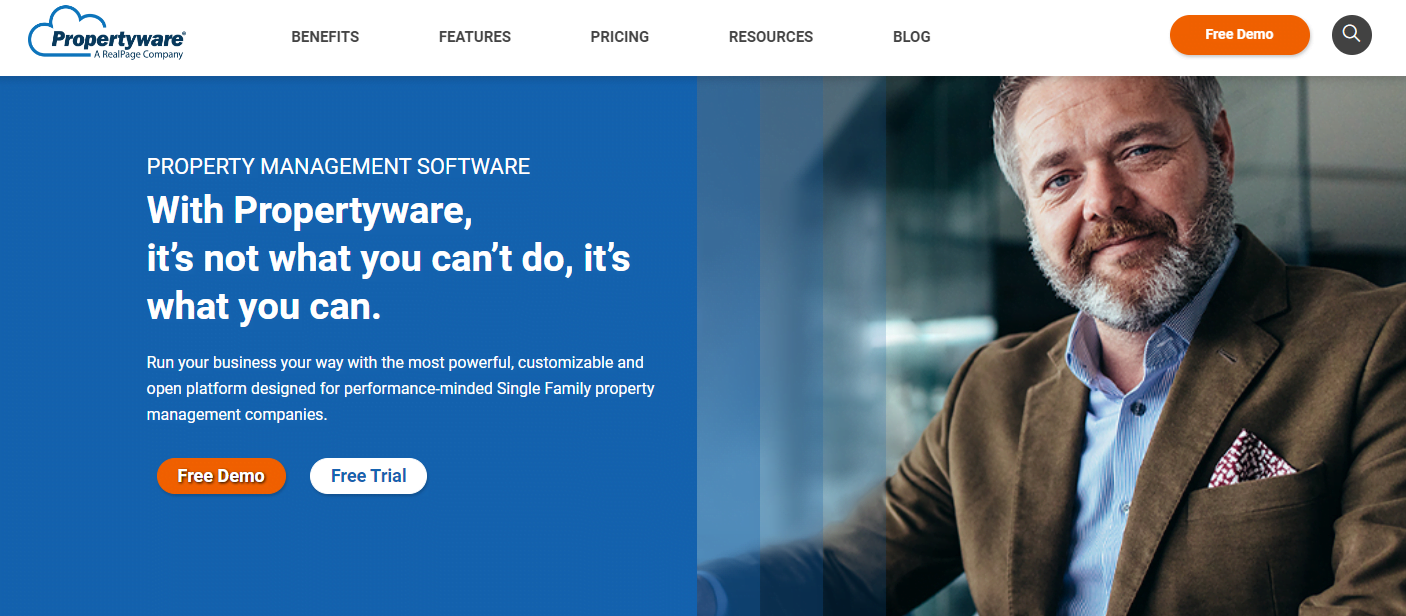
Introduction: Propertyware is a versatile property management software designed for single-family and low-density residential properties. It offers extensive features to help manage day-to-day operations and improve tenant relations.
Features:
- User-friendly interface with a focus on ease of use
- Streamlined online applications and tenant screening
- Online rent collection with various payment options
- Comprehensive accounting features with basic reporting
- Maintenance request tracking with work order management tools
- Resident portal for tenant communication and online payments
- Mobile app for on-the-go property management
Pricing: Propertyware’s pricing starts at $1 per unit per month, with a minimum monthly fee of $250.
Pros:
- Robust feature set for residential properties
- Customizable workflows
- Strong reporting and analytics tools
- Integration with third-party services
Cons:
- Minimum monthly fee may be high for small portfolios
- Learning curve for new users
7. Hemlane: Cloud-Based Property Management for Landlords
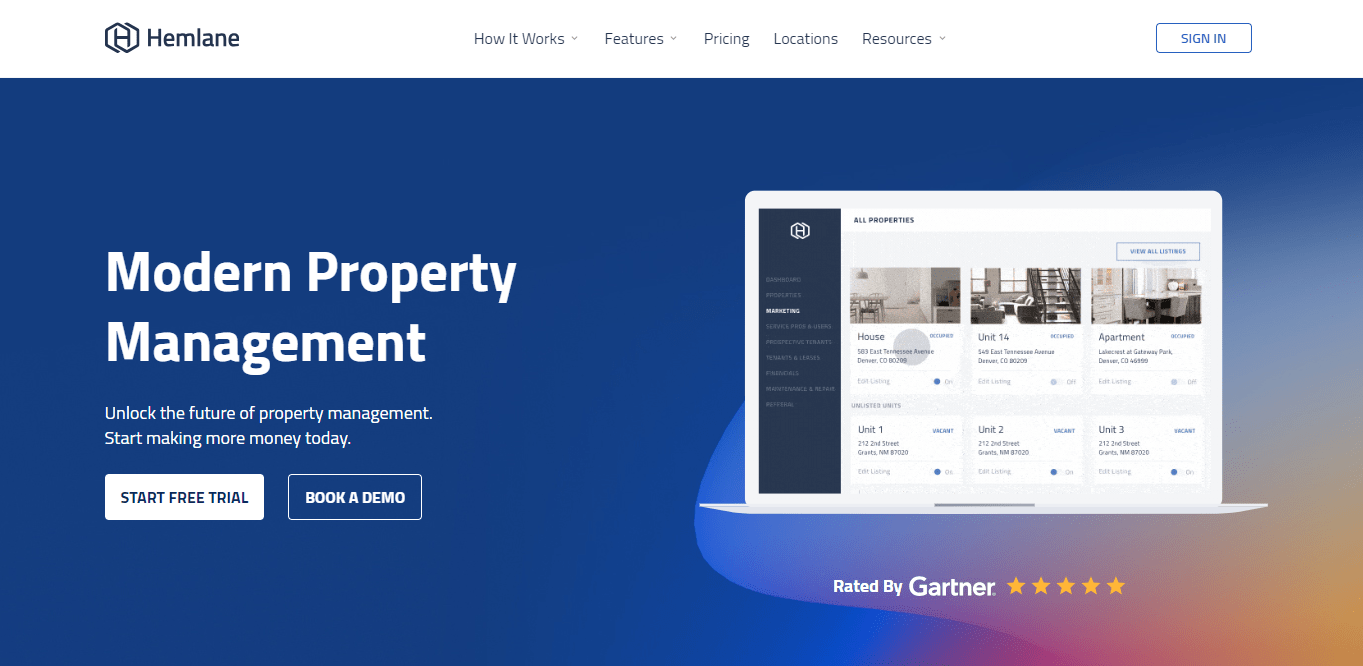
Introduction: Hemlane is a property management solution that caters to remote property owners and managers. It focuses on providing tools for leasing, maintenance, and communication with tenants.
Features:
- Online rent collection
- Maintenance coordination and management
- Leasing tools, including tenant screening and lease agreements
- Communication tools for tenants and vendors
- Financial tracking and reporting
- Local agent support for in-person tasks
Pricing: Hemlane offers plans starting at $30 per month for up to 5 units, with additional costs for advanced features.
Pros:
- Focus on remote property management
- User-friendly interface
- Includes tenant screening and leasing tools
- Support for local agents
Cons:
- Limited features compared to some competitors
- Pricing can increase significantly with additional units
8. MRI Software: Best Commercial Property Management Software

Introduction: MRI Software is a powerful property management solution tailored for commercial and mixed-use properties. It provides advanced tools to streamline property operations, enhance tenant engagement, and deliver actionable insights through robust analytics.
Features:
- Comprehensive lease management and administration tools
- Advanced reporting and analytics for property performance insights
- Integration with accounting systems for seamless financial tracking
- Tenant portals for communication and service requests
- Maintenance management with work order tracking
- Marketing and listing tools for vacant units
- Scalable solution for diverse portfolios, including retail, office, and industrial spaces
Pricing:
MRI Software offers customized pricing based on the portfolio size and required features. Contact their sales team for a tailored quote.
Pros:
- Robust capabilities for commercial property management
- Highly customizable to suit unique business needs
- Extensive integration options with third-party tools
- Cloud-based and mobile-friendly platform
Cons:
- Higher price point compared to competitors
- Complex setup and onboarding process for new users
9. Entrata: Best All-in-One Property Management Software
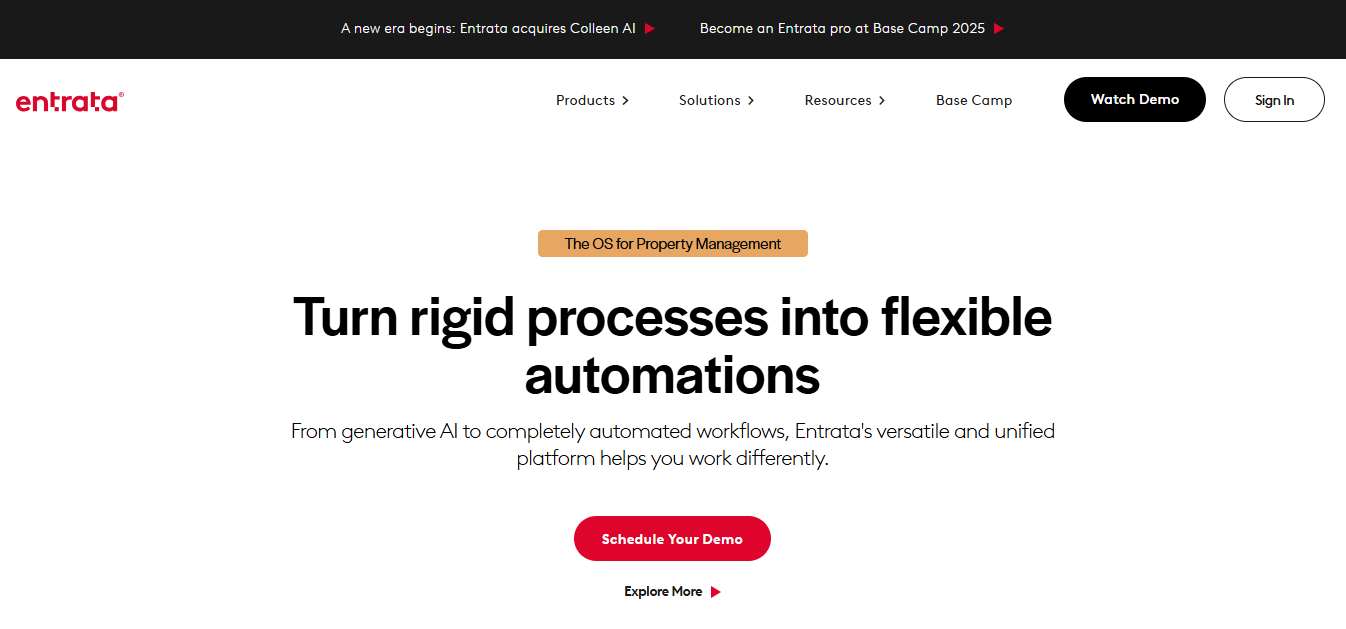
10. Landlord Studio: Best Mobile-Friendly Property Management App

Introduction: Landlord Studio is a user-friendly property management app designed specifically for independent landlords and small property portfolios. Its mobile-first approach makes it ideal for landlords who prefer managing their properties on the go.
Features:
- Intuitive mobile and desktop interfaces for easy management
- Rent tracking with automated reminders and payment logging
- Expense tracking with receipt scanning and categorization
- Tenant communication tools integrated into the app
- Income and expense reports for tax preparation
- Lease tracking with important date notifications
- Online rent collection through secure payment systems
Pricing:
Landlord Studio offers flexible pricing plans starting at $5.99 per month for basic features, with additional costs for premium tools and services.
Pros:
- Designed for mobile-first property management
- Affordable and scalable for small landlords
- Easy-to-use platform with a minimal learning curve
- Built-in tools for tax and financial management
Cons:
- Limited features for larger portfolios or complex needs
- Lacks advanced marketing and tenant screening tools compared to competitors
These property management systems offer various features and pricing options, catering to different needs and sizes of property portfolios. Choosing the right one depends on your specific requirements, budget, and the types of properties you manage.
Integrate your PMS with SalesTown Best Real Estate CRM
If you’re managing properties, using a CRM like SalesTown alongside your property management software can be really helpful. Salestown Real Estate CRM integrates smoothly with your property management systems, adding features like lead management and marketing automation. This means you can easily manage leads from different sources, automate tasks like follow-up emails, and keep all your tenant and prospect information organized. By combining a CRM with your property management software, you can simplify your marketing efforts, improve communication with tenants, and make your property management more efficient.
Book a Free Demo Now!
